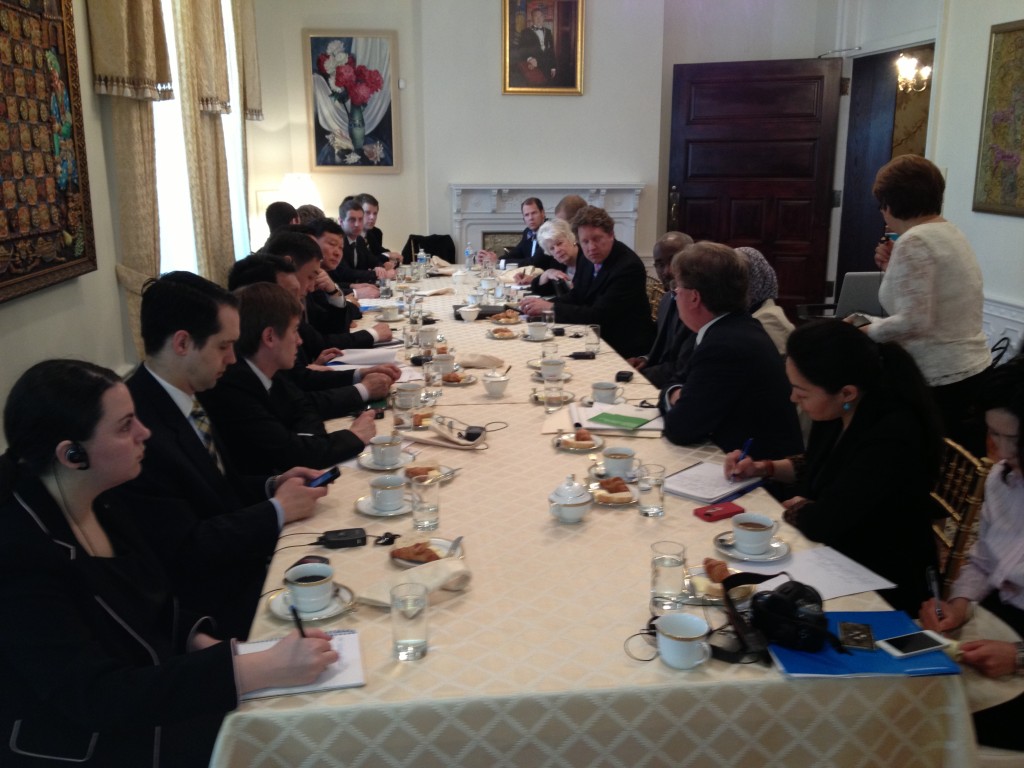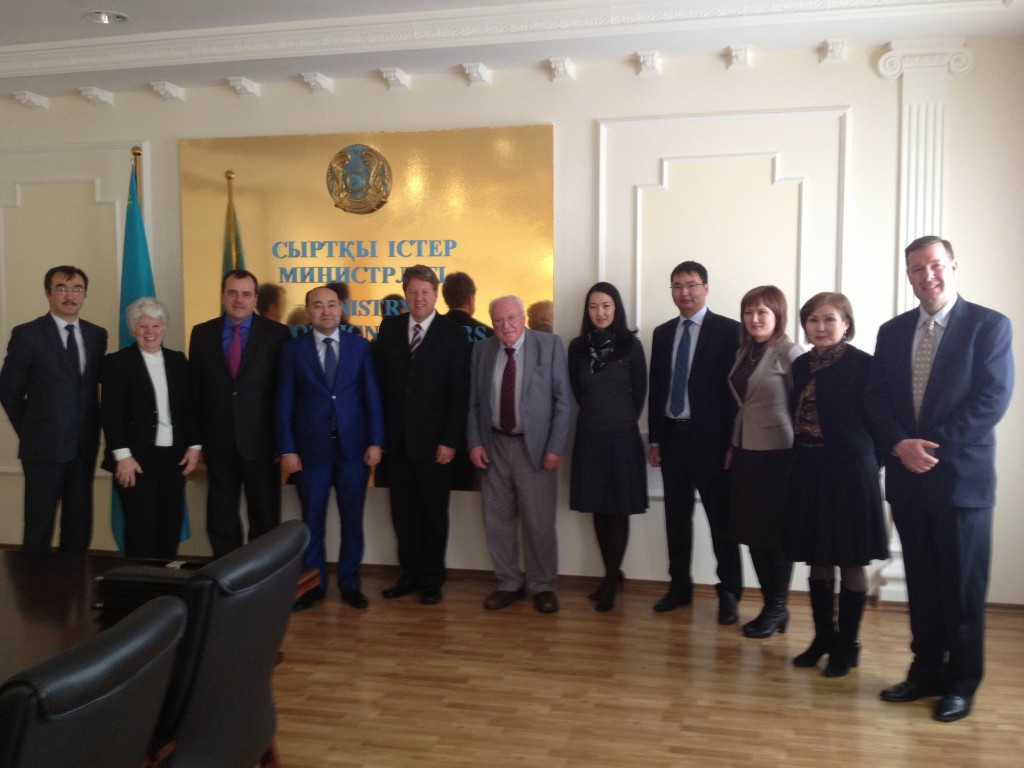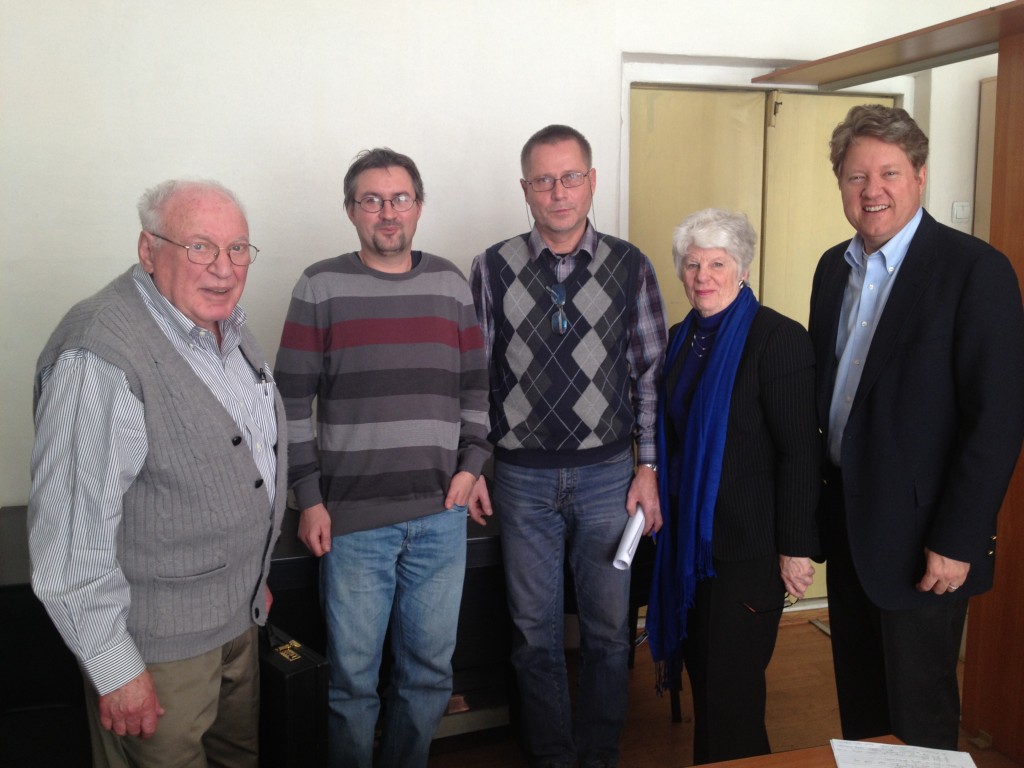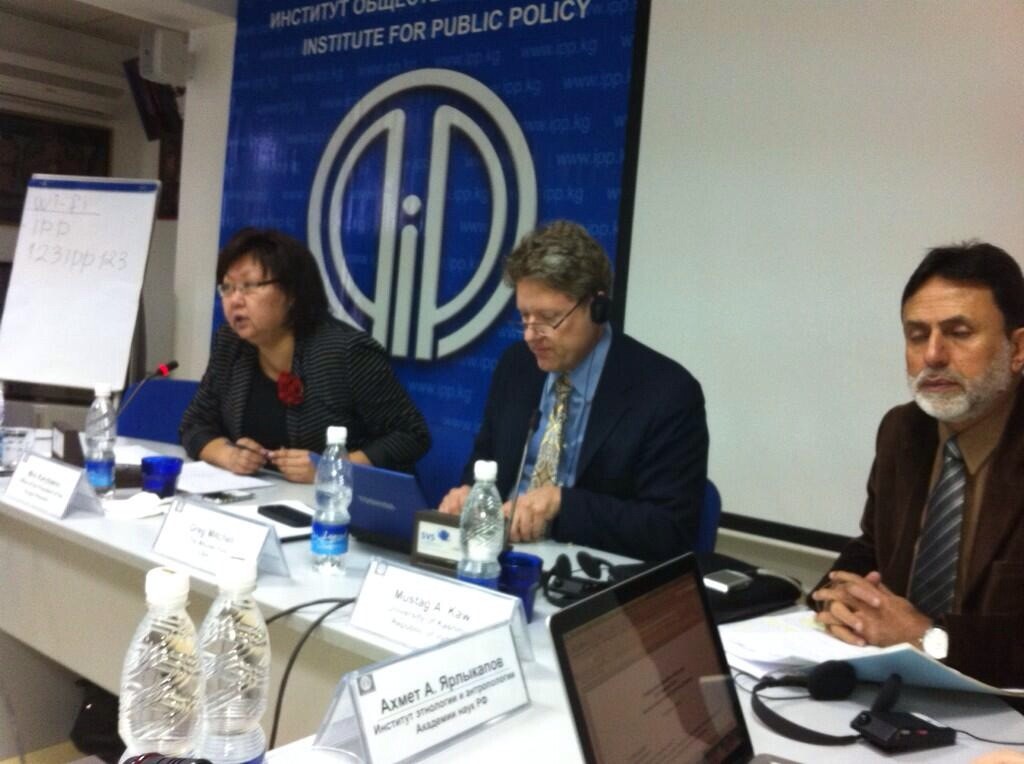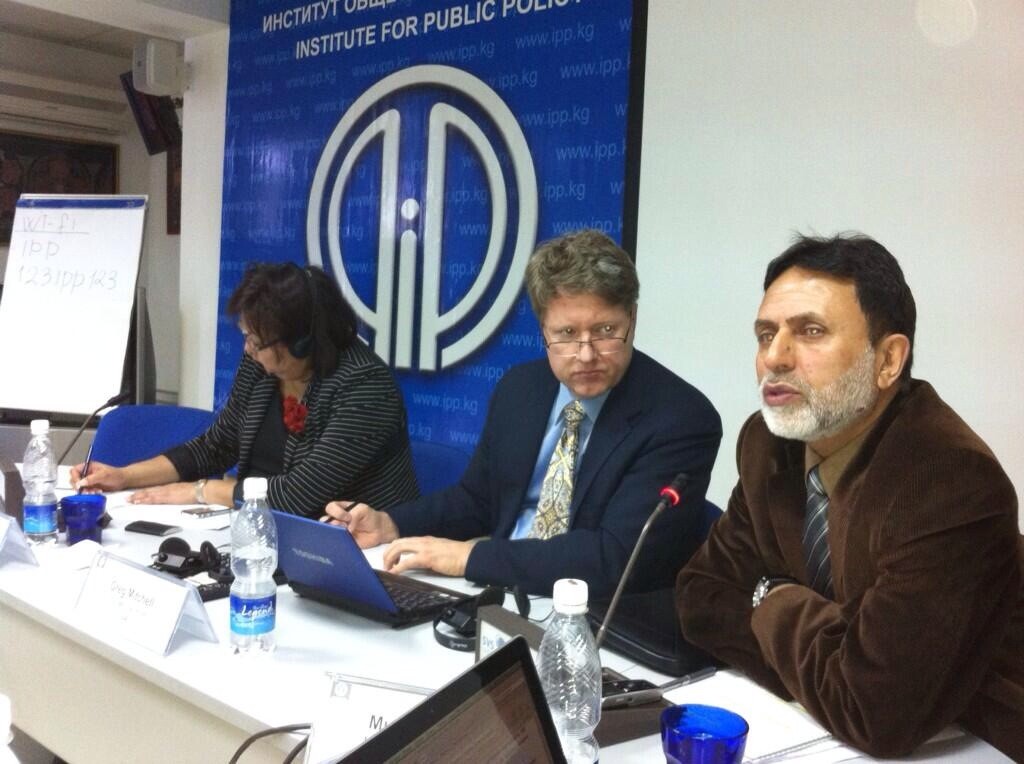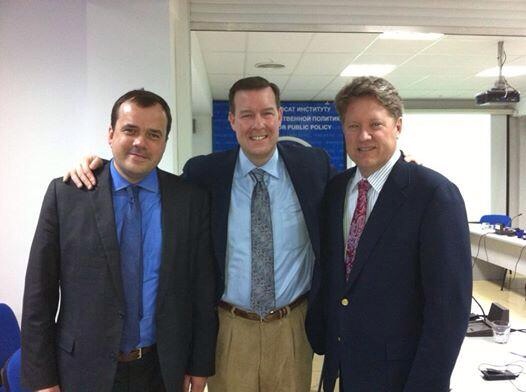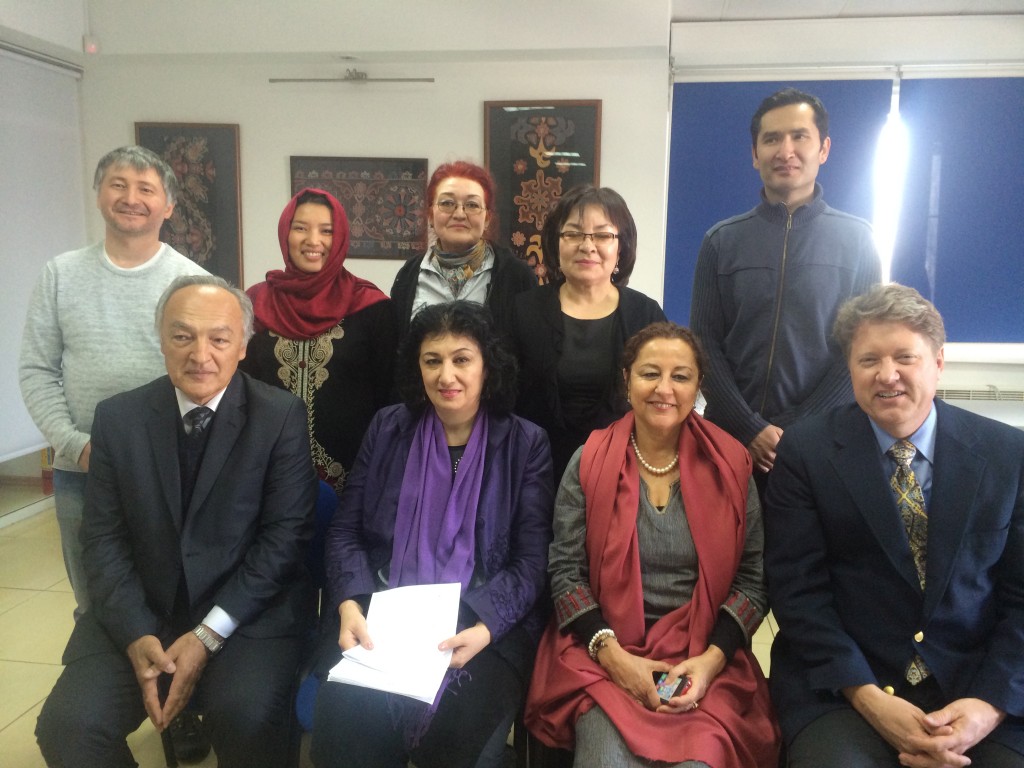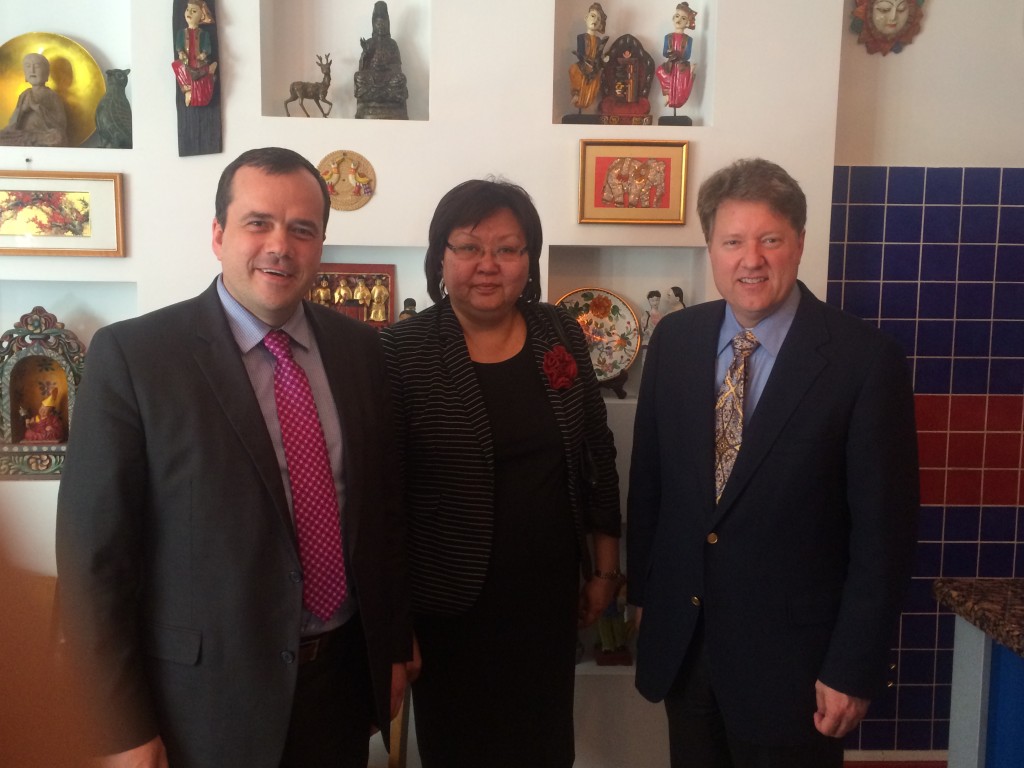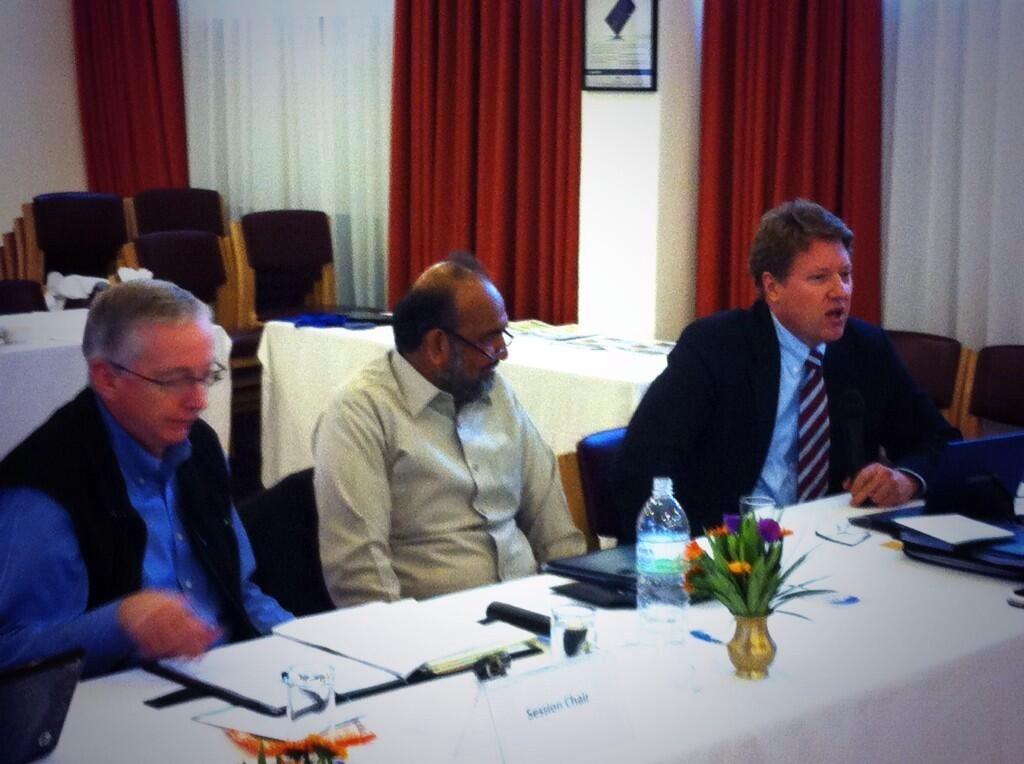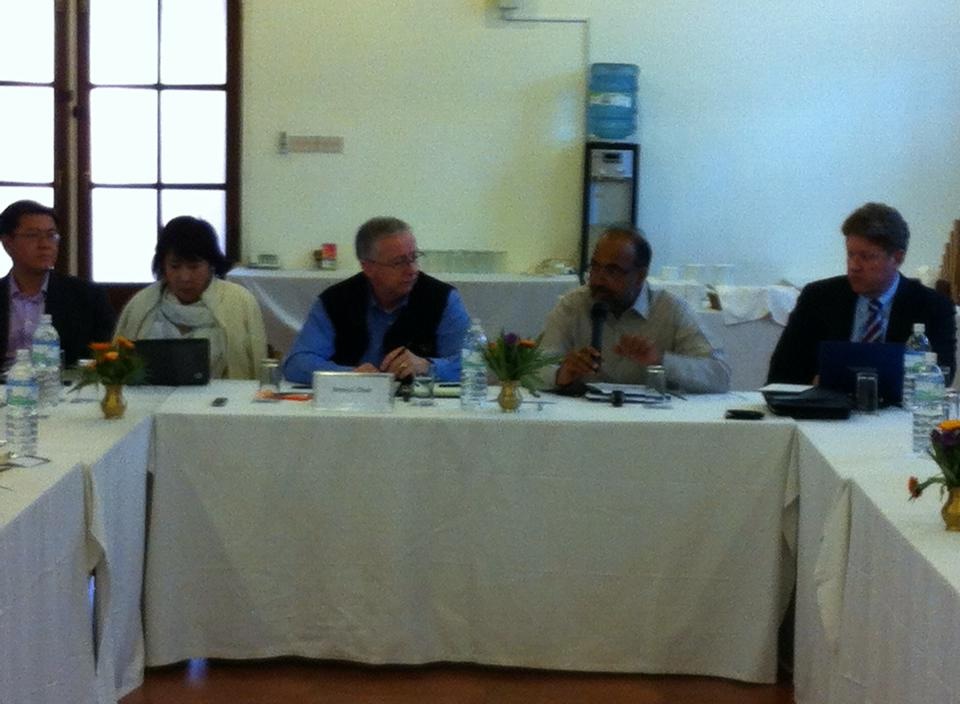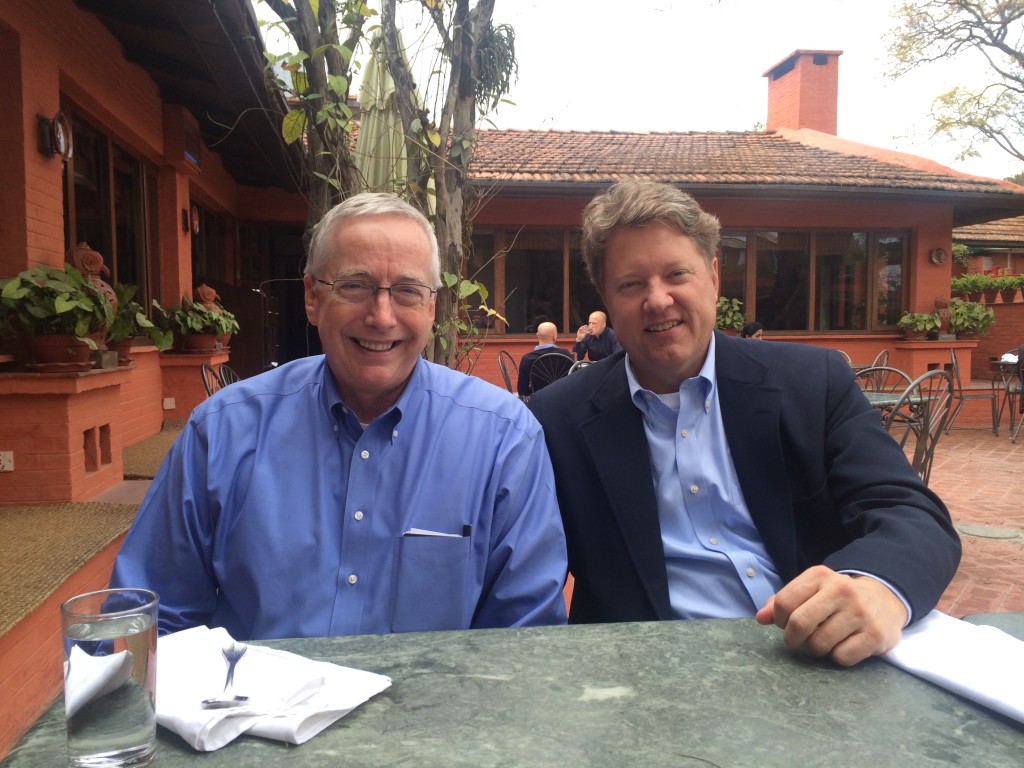To increase global security and secure your rights and freedoms, the Firm has begun to work with international non-governmental organizations to engage authoritarian governments—and even Western governments—that are restricting rights and freedoms, and work to improve their laws and policies.
First, Greg Mitchell is doing an increasing amount of global engagement and relational diplomacy as Co-Chair of the International Religious Freedom Roundtable.
The original purpose of the Roundtable was to engage the U.S. government in order to make international religious freedom (IRF) a higher foreign policy and national security priority, so the U.S. government would do more to advance IRF in its diplomatic engagements with authoritarian governments that are restricting religion. So participants of the Roundtable started with multi-faith advocacy actions in pursuit of this basic purpose. And the U.S. government has been moving in the direction of making international religious freedom a higher priority.
But we ran into situations where the U.S. government would not do as much as it should to engage authoritarian governments that are restricting religion. And we were receiving wisdom from former senior level officials of the U.S. government. For instance, the first American Ambassador for International Religious Freedom said we cannot wait for, or rely on the government to solve these problems. The responsibility is on us.
So participants expanded the scope of the Roundtable by adding two new purposes:
- Engaging civil society leaders around the world, along with other governments that protect religious freedom, and multilateral, intergovernmental institutions, in order to coordinate joint advocacy efforts; and
- Engaging in meaningful dialogues with governments that restrict religious freedom, framing these issues in their own self-interest, giving them ways to improve, and working with them to improve their laws and policies.
And while participants of the Roundtable continue to engage the U.S. government and work with it when and where it is willing to help, we are now building upon a vision of a global interlocking network of “safe spaces” like the Roundtable, with joint, multi-faith advocacy actions on multiple continents that are strategically timed and coordinated to increase impact.
For example, we recently connected and coordinated with an informal group of civil society leaders in Europe to score a major underdog victory in the Parliamentary Council of Europe (PACE).
And we are now engaging directly with other governments and performing our own relational diplomacy.
This is citizenship in action and the meaningful dialogues we have opened with ambassadors, embassies, and delegations are manifestations of “bottom-up” civil society engaging the “top-down” of authoritarian governments, something we want to model in the context of multiple bilateral relations. Through these engagements, strategic partnerships, collaborations, and consultative relationships between governments and civil society organizations might advance peace and prosperity.
Participants of the Roundtable believe that when there is a safe space that enables an ongoing, meaningful and transparent dialogue between government and grassroots leaders about freedom of thought, conscience, religion or belief, there is greater stability, security, peace and prosperity, and increased opportunity for women and youth. We come alongside countries in transition—at their invitation—that seek equal opportunity for all peaceful citizens to freely exercise their faith, or none, under the rule of law. Before making practical recommendations in this direction, it is the practice of participants to first understand, and then engage. By listening and learning first, we believe that win-win solutions can be found.
For example, we are currently engaged with the government of Kazakhstan, and are performing our own relational diplomacy with Kazakh officials to improve their religious governance.
Second, Mitchell traveled to the Kyrgyz Republic and Nepal in late February 2014 to participate in two “religion, security and citizenship” conferences organized by the Institute for Global Engagement (IGE). These conferences explored key issues related to religion, identity, and citizenship in the context of multi-faith and multi-ethnic societies.


